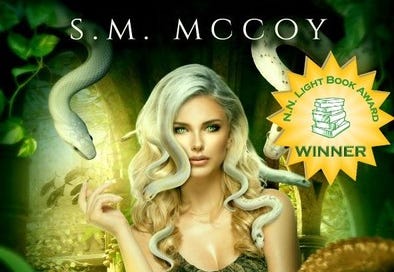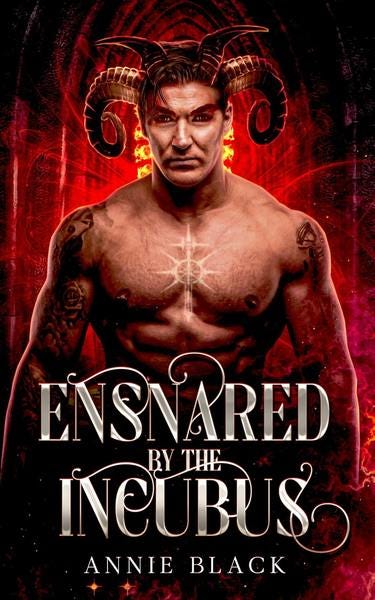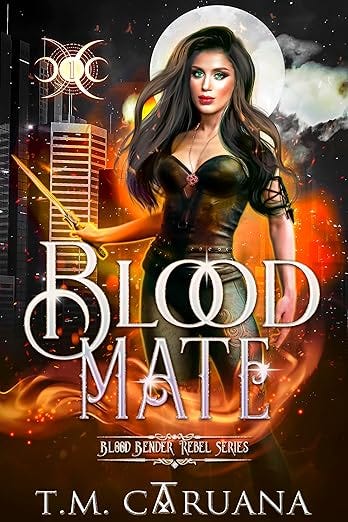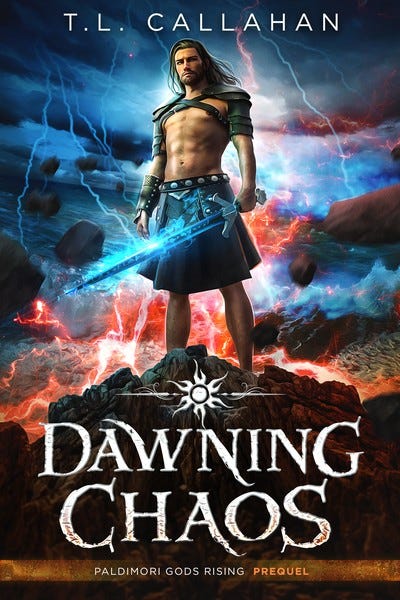Hi, all! I’m back to mostly feeling better from having had the flu, so I’m going to do a little catching up over the next few days, starting with this afternoon’s discussion—keep reading to get to today’s book, including the free one! :)
Ancient Literature's Enduring Lessons
Back when I was a professor, I used to teach an ancient literature course I called "Gods and Monsters."
I loved teaching this course because I could focus on the ways in which other societies used stories about gods and monsters to illustrate their own social realities and anxieties, as well as tapping into what seem to be some more-or-less universal human emotions and responses.
The Odyssey: Civilization vs. Wilderness
Consider, for example, how The Odyssey grapples with the tension between civilization and wilderness through encounters with monstrous creatures like the Cyclops Polyphemus. When Odysseus confronts this one-eyed giant who devours his men, we're not just reading about a thrilling monster encounter—we're exploring the Greek anxiety about the uncivilized "other" and the triumph of wit over brute force. The episode highlights the Greek value of metis (cunning intelligence) over mere physical might, as Odysseus defeats the monster not through strength, but through clever wordplay and strategy. (Even though he undercuts that win because of his pride!)
Beowulf: Chaos at the Gates
Beowulf brings us face to face with the monster Grendel, described as a descendant of Cain—a brilliant fusion of pagan monster lore with Christian theology. The Anglo-Saxon poem uses Grendel's attacks on the mead-hall Heorot to explore the fragility of human society against the chaos that lurks in the darkness beyond their walls. When Grendel's mother later seeks revenge, the story delves into complex questions about the cycle of violence and vengeance.
Gilgamesh: The Monster Within
The Epic of Gilgamesh offers another lens into ancient fears and desires, examining what it means when a human behaves in monstrous, civilization-destroying ways, as Gilgamesh arguably does at the beginning of the epic. The gods intervene with the creation of Enkidu. Enkidu begins as a wild man who runs with the animals but becomes "civilized" through human contact. Yet the epic doesn't simply dismiss the natural world—it shows deep ambivalence about the price of civilization, especially when Gilgamesh's quest for immortality leads him to confront the fundamental limitations of human nature.
Ancient Themes in Contemporary Fiction
Reimagining Classical Monsters
What fascinates me most about these ancient tales is how they remain deeply relevant to modern readers, inspiring countless retellings and reimaginings. Consider recent works like S.M. McCoy's Taking Medusa, which transforms the traditional monster narrative into a story of persecution and resistance against divine authority. Just as ancient tales questioned the relationship between gods and mortals, McCoy's Alessandra grapples with her identity as Medusa in a world where being labeled a "monster" is more about politics than nature.
Exploring Identity and Power
These themes of identity and power persist across contemporary fantasy literature. Annie Black's Ensnared by the Incubus explores the liminal space between human and supernatural worlds, much as ancient epics did through figures like Gilgamesh, who was two-thirds god and one-third human. T.M. Caruana's Blood Mate further complicates these boundaries with its hybrid protagonist—who is a hybrid of arguably monstrous creatures—echoing how ancient societies used mixed beings to explore questions of belonging and destiny. (My own Empire of Frost & Flame alien romantasy series explores that issue, as well!)
Order vs. Chaos in Modern Mythology
The conflict between order and chaos, so central to ancient mythology, finds new expression in works like T.L. Callahan's Dawning Chaos (FREE today!), where a Titan—a demigod—must balance light and dark forces. This mirrors how ancient epics explored the tension between civilization and the forces that threaten it. Whether it's Odysseus facing the Cyclops or Callahan's Titan Theophanes protecting Atlantaionia, we see how stories continue to use supernatural conflicts to explore very human concerns about power, responsibility, and survival.
The Enduring Power of Mythological Storytelling
In teaching "Gods and Monsters," I came to appreciate how these ancient tales serve as both windows into past societies and mirrors reflecting our own. The enduring popularity of mythology-inspired fiction proves that the art of storytelling remains one of humanity's most powerful tools for making sense of our world.
Modern authors continue to draw from this well, transforming ancient archetypes to address contemporary anxieties while maintaining the fundamental questions that have always preoccupied human society:
Who are we?
Where do we belong?
And what monsters—whether external or internal—must we face to become who we're meant to be?
I'd love to hear about some of your favorite gods-and-monsters stories; leave a comment on the post! And be sure to check out all the modern books I mention—just click on the links in the story or their gorgeous covers below.
FREE Book








